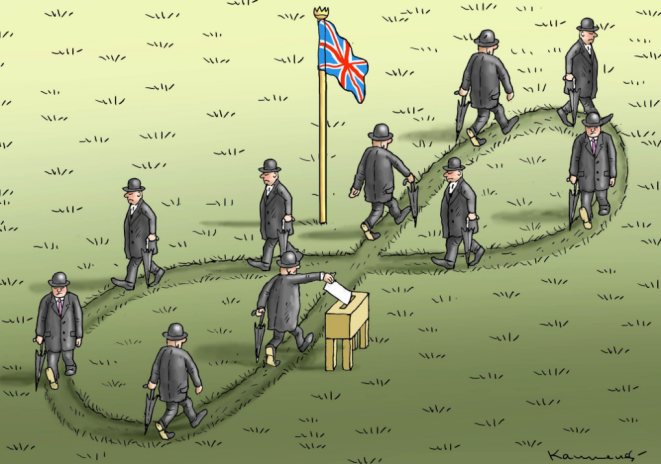This is one scenario highlighted by BBC deputy political editor, Norman Smith

Should rebel/opposition lawmakers get their way and pass a motion to avoid a no-deal Brexit, Boris Johnson is expected to call for an election motion right after.
The issue that he faces though is that he would need two-thirds majority (434/650 votes) to succeed but as mentioned before, Labour lawmakers are not entirely keen on the matter as there is no fail-safe in play to avoid a no-deal.
Johnson is trying to circumvent that by leading them to believe that an election date is set for 14 October but rebel/opposition lawmakers are skeptical that he will change the election date to after 31 October - or in other words, after the UK has left without a deal.

As such, if Labour lawmakers can't get on board the idea of an election and Johnson loses the motion, we could potentially see the government tabling a no-confidence motion in itself to try and get there instead.
The irony here is that given the above scenario, opposition lawmakers will then end up opposing to a no-confidence motion against the government because they already had seen legislative efforts pass through the first hurdle and Johnson has failed in his bid to potentially wrap up a mandate for a no-deal Brexit.
Ugh, politics. How lovely.



